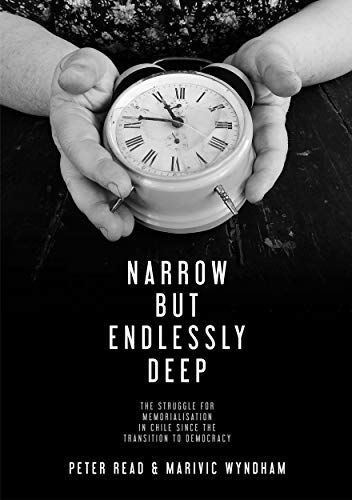
Narrow But Endlessly Deep The struggle for memorialisation in Chile since the transition to democracy
On 11 September 1973, the Chilean Chief of the Armed Forces Augusto Pinochet overthrew the Popular Unity government of Salvador Allende and installed a military dictatorship. Yet this is a book not of parties or ideologies but public history. It focuses on the memorials and memorialisers at seven sites of torture, extermination, and disappearance in Santiago, engaging with worldwide debates about why and how deeds of violence inflicted by the state on its own citizens should be remembered, and by whom. The sites investigated ? including the infamous National Stadium ? are among the most iconic of more than 1,000 such sites throughout the country. The study grants a glimpse of the depth of feeling that survivors and the families of the detained-disappeared and the politically executed bring to each of the sites. The book traces their struggle to memorialise each one, and so unfolds their idealism and hope, courage and frustration, their hatred, excitement, resentment, sadness, fear, division and disillusionment. ?This is a beautifully written book, a sensitive treatment of the issues and lives of those who have faced a great deal of loss, most often as unsung heroes, in what are now recognized as Chilean sites of memory. The book is a testament to people who have not been asked to speak, until Peter Read and Marivic Wyndham ask them to tell their stories. They do not shy away from hard tensions about memorialization, the difficulties of challenging a powerful state and the long and arduous struggles to ensure less powerful voices are heard.? ? Professor Katherine Hite, Frederick Ferris Thompson Chair of Political Science, Vassar College, USA.